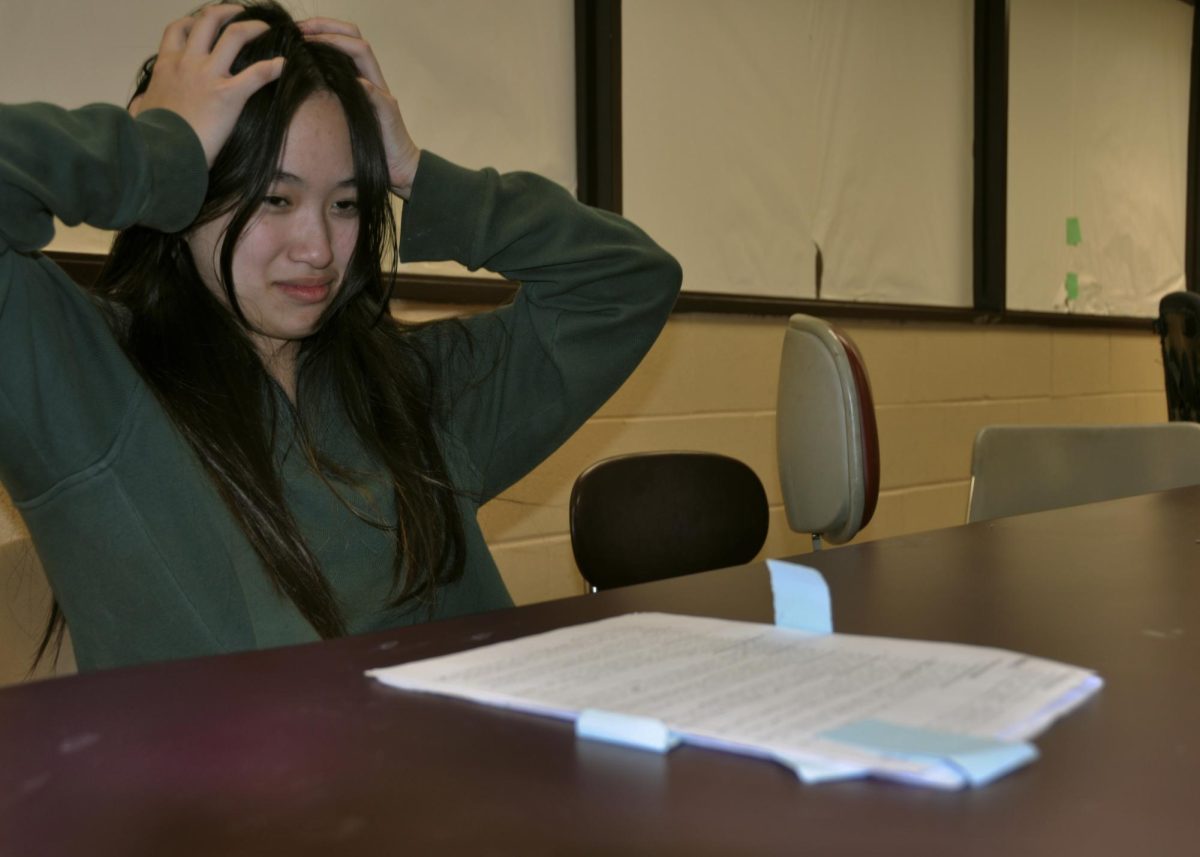As much as Boston Latin School emphasizes its rigor and competitive culture, it should also utilize its resources to prioritize students’ mental health. BLS prides itself on the basis of its students’ academic achievements and work ethic but often disregards students’ mental health and well-being. While the school provides a handful of resources in terms of academic support, students are not offered authentic assistance in dealing with mental health challenges.
This support should not come solely from BLS, but also from Boston Public Schools. They need to invest far more into the mental health infrastructure for their education system. This is especially necessary at a time when there is a widely recognized mental health crisis affecting youth around the world.
It is difficult for students when their teachers consistently assign too much homework and fail to account for those with learning disabilities or varying learning paces, then turn around and advise students to get more sleep and “stop doing homework after 30 minutes.” Teaching teachers would reinforce restrictions and rules that protect a student’s well-being.
Providing mental health education training and programs for both teachers and students would be incredibly impactful because much of the pressure students suffer comes from academic stress and the competitive culture BLS promotes. Additionally, BLS should utilize student input to create safe spaces around the school for students to openly discuss their struggles.
Alexandra Cajiga Geissenhainer (I) says, “I think sometimes when teachers, especially in some of my most stressful classes, are like ‘Do all this work! But also take care of your mental health!’ […] It’s very hypocritical and I appreciate them for trying to help, but it almost feels like they’re putting on a facade — like they don’t really care that much, but they just do it because they have to.”
In addition, consistent mental health support is key. While Mental Health Day at BLS is certainly a step in the right direction, it is nowhere near enough for teachers to ask students how they “unwind” once a year and then resume lessons as normal. It begs the question: why don’t we do this more consistently? After all, the emotional and mental well-being of students should always be a top priority, not only right before finals week.
Students notice small gestures at school like deep breaths during a school assembly or the broad statement that “there are adults to support you” after a difficult event, but unfortunately, many don’t rely on the school as a ‘safe space.’
Becky Nguyen (II) says, “The guidance office creates a baseline which to some extent has helped me figure out what to do with a certain problem, but at the end of the day we are in an environment where it’s on us [students] to deal with it.”
Discussions about mental health should draw people in, not single people out. Instead of asking jarring and sometimes triggering questions to students about mental health, all staff should be trained to recognize the signs of worsening mental health and know how to intervene in a productive way that is not unnecessarily disruptive or harmful.
Improved mental health resources, such as accessible referral systems for support that is accessible to everyone, not just those who are visibly struggling, as well as training adults on strategies to manage mental health issues and how to effectively connect students to helpful resources, would also be beneficial to BLS long-term.
When asked how BLS can use their resources to support mental health, BLS English teacher Mr. Aaron Weitz states, “I think continuing to invest in support and counseling so that every single student has someone who’s not their teacher that they can talk to. […] it is a great message about BLS valuing mental health.”
In the modern day, academic rigor is not sustainable without social and emotional support as well. Ultimately, in order for students to succeed at BLS and perform at their best, it is necessary that they have access to authentic mental health support teams.








